Steven Strogatz - The Calculus of Friendship: What a Teacher and a Student Learned about Life while Corresponding about Math
Here you can read online Steven Strogatz - The Calculus of Friendship: What a Teacher and a Student Learned about Life while Corresponding about Math full text of the book (entire story) in english for free. Download pdf and epub, get meaning, cover and reviews about this ebook. year: 2011, publisher: Princeton University Press, genre: Home and family. Description of the work, (preface) as well as reviews are available. Best literature library LitArk.com created for fans of good reading and offers a wide selection of genres:
Romance novel
Science fiction
Adventure
Detective
Science
History
Home and family
Prose
Art
Politics
Computer
Non-fiction
Religion
Business
Children
Humor
Choose a favorite category and find really read worthwhile books. Enjoy immersion in the world of imagination, feel the emotions of the characters or learn something new for yourself, make an fascinating discovery.

- Book:The Calculus of Friendship: What a Teacher and a Student Learned about Life while Corresponding about Math
- Author:
- Publisher:Princeton University Press
- Genre:
- Year:2011
- Rating:3 / 5
- Favourites:Add to favourites
- Your mark:
The Calculus of Friendship: What a Teacher and a Student Learned about Life while Corresponding about Math: summary, description and annotation
We offer to read an annotation, description, summary or preface (depends on what the author of the book "The Calculus of Friendship: What a Teacher and a Student Learned about Life while Corresponding about Math" wrote himself). If you haven't found the necessary information about the book — write in the comments, we will try to find it.
The Calculus of Friendship is the story of an extraordinary connection between a teacher and a student, as chronicled through more than thirty years of letters between them. What makes their relationship unique is that it is based almost entirely on a shared love of calculus. For them, calculus is more than a branch of mathematics; it is a game they love playing together, a constant when all else is in flux. The teacher goes from the prime of his career to retirement, competes in whitewater kayaking at the international level, and loses a son. The student matures from high school math whiz to Ivy League professor, suffers the sudden death of a parent, and blunders into a marriage destined to fail. Yet through it all they take refuge in the haven of calculus--until a day comes when calculus is no longer enough.
Like calculus itself, The Calculus of Friendship is an exploration of change. Its about the transformation that takes place in a students heart, as he and his teacher reverse roles, as they age, as they are buffeted by life itself. Written by a renowned teacher and communicator of mathematics, The Calculus of Friendship is warm, intimate, and deeply moving. The most inspiring ideas of calculus, differential equations, and chaos theory are explained through metaphors, images, and anecdotes in a way that all readers will find beautiful, and even poignant. Math enthusiasts, from high school students to professionals, will delight in the offbeat problems and lucid explanations in the letters.
For anyone whose life has been changed by a mentor, The Calculus of Friendship will be an unforgettable journey.
Steven Strogatz: author's other books
Who wrote The Calculus of Friendship: What a Teacher and a Student Learned about Life while Corresponding about Math? Find out the surname, the name of the author of the book and a list of all author's works by series.

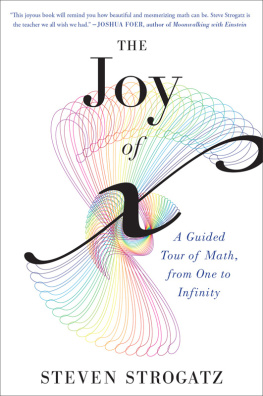
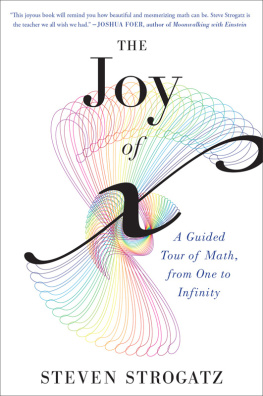
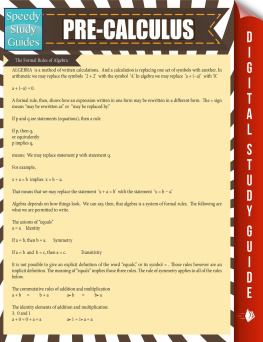
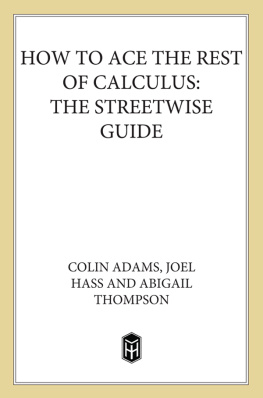
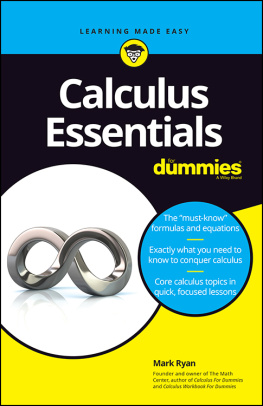
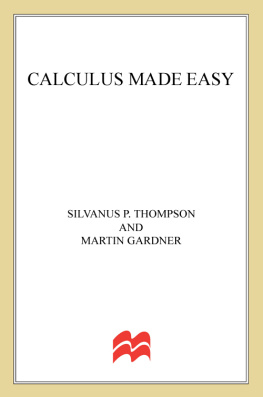
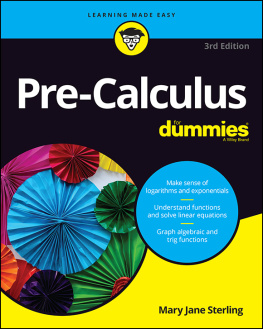
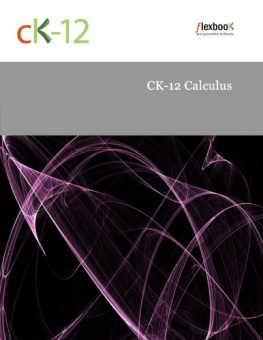
![Chris Monahan [Chris Monahan] - Calculus II](/uploads/posts/book/119088/thumbs/chris-monahan-chris-monahan-calculus-ii.jpg)
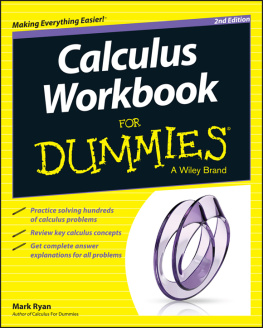

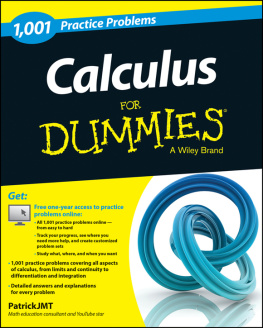
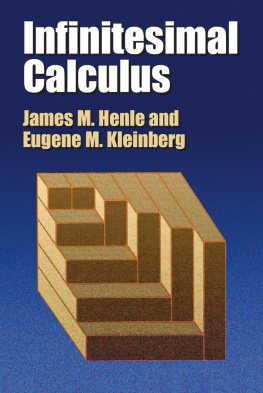
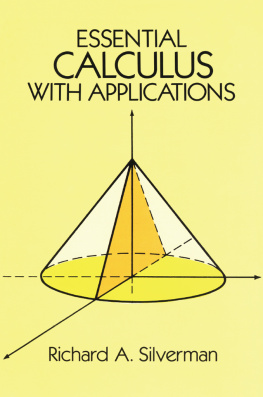
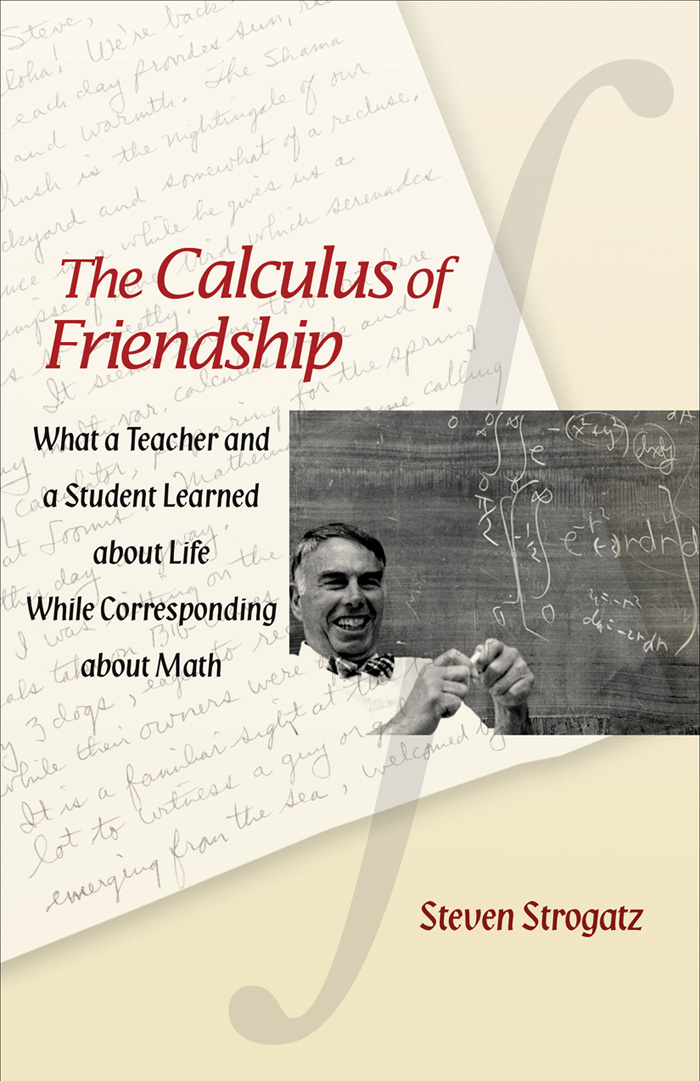

 PRINCETON AND OXFORD
PRINCETON AND OXFORD
